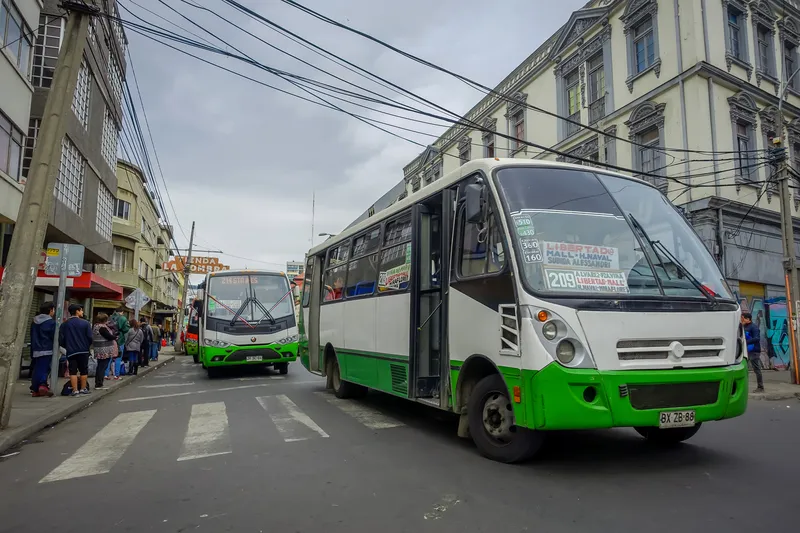The system intends to allow passengers to create personalised transit accounts to see ride history, check balances, add value and report lost or stolen cards to protect their funds. In addition, mobile phones can be used to check account balances and recharge fare accounts.
This contract also includes ten years of operations and maintenance as well as two five-year extension options.
Bradley H. Feldmann, president and chief executive officer of Cubic, said: “This financial closure is the first major step for the MBTA AFC 2.0 project and we look forward to an ongoing successful partnership and implementation. It is an honour for our company to be part of such a monumental partnership and we’re confident that our advanced fare payment technology will improve the MBTA rider’s experience for decades to come.”
P3 agreement sets out to improve public transit travel in Boston
Cubic subsidiary Cubic Transportation Systems (CTS) and John Laing Consortium have executed an agreement with the Massachusetts Bay Transportation Authority (MBTA) to implement and operate a new fare payment system. The public-private partnership (P3) has formed with the intention of improving the quality of public transit travel for passengers in a base contract valued $699m (£493m). The system intends to allow passengers to create personalised transit accounts to see ride history, check balances, add
March 27, 2018
Read time: 2 mins









